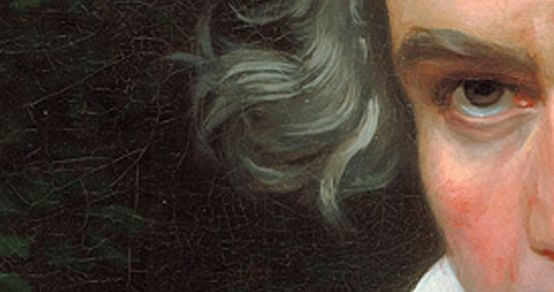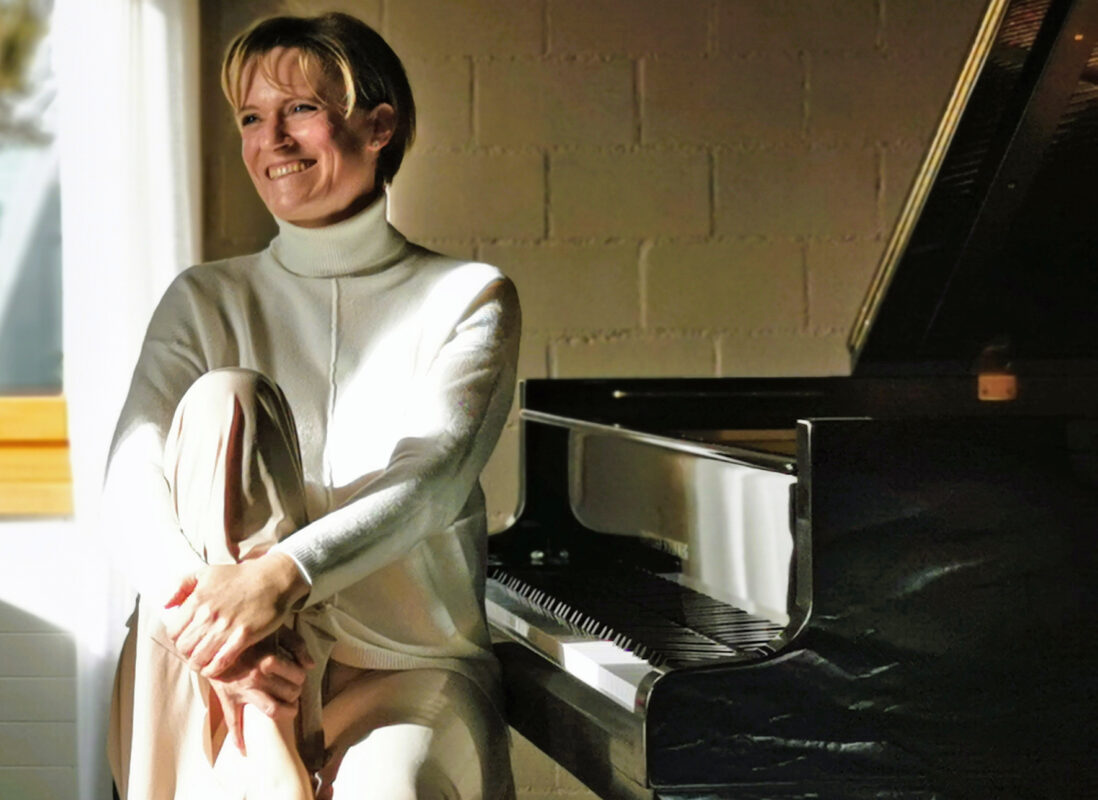Overture "The Consecration of the House"
Beethoven every Friday: to mark his 250th birthday, we take a look at one of his works every week. Today it's the overture "The Consecration of the House".

Theaters, philharmonic halls, concert halls and opera houses have been built or rebuilt since well before the end of the 20th century. When the old Josefstädter Theater in Vienna became too small at the beginning of the 19th century, it was even demolished and replaced by a new building, which still exists today and has since been extended, in 1822. For the inauguration ceremony on October 3, 1822, Carl Meisl (1773-1853) created a play described in the title of the later print as an "occasional piece", to which Beethoven added individual numbers from his music to The ruins of Athens op. 113 (1811) and added a new overture at the request of the theater director Karl Friedrich Hensler (1759-1825). He also conducted the first performance - whether he actually conducted it remains to be seen, according to a report in the Leipzig General Musical Newspaper remained open, however: "The master conducted himself; however, since one cannot trust his unfortunately still weakened hearing tools, Mr. Kapellmeister was at his back Franz Joseph Glasses 1798-1861 to actually translate the author's will to the likewise newly organized orchestra, which double, not infrequently quite different, tactics actually turned out to be quite peculiar. Nevertheless, everything went off quite happily."
The overture was also performed at the opening of the Königstädter Theater in Berlin on August 4, 1824; Carl Wilhelm Henning had acquired a copy from Beethoven during a visit to Vienna. The composition, which audibly engages with Handel musically, still seems to have been made for such occasions. However, there must have been a misunderstanding: While Beethoven assumed it would be performed, Henning believed he had acquired the work in its entirety - and published a piano reduction for four hands at the end of 1824. Beethoven reacted angrily and vented his displeasure on a copy, describing it as "mutilated". When the request to stop the sale of this edition was not complied with in Berlin, Beethoven and his original publisher went on the offensive with a correction entitled "Warning", which was published several times: "I consider it my duty to warn the musical public of a completely misguided. I consider it my duty to warn the musical public against a completely erroneous piano version of my last overture for 4 hands, which deviates from the original score and was published by Trautwein in Berlin under the title: Festouverture by L. v. B., all the more so since the piano versions for 2 and 4 hands, written by Mr. Carl Czerny and completely faithful to the score, will soon be published in the only legitimate edition by B. Schotts Söhne, Grossherzogl. Hofmusikhandlung in Mainz." - A process that is still remarkable today, which also points to the extraordinary quality of the composition. With so much public, promotional controversy, the publishers obviously expected to make a handsome profit from the sale.
Listen in!








